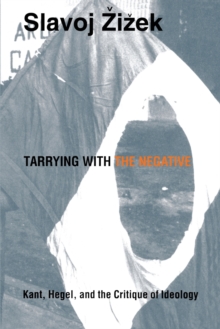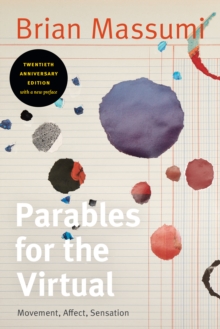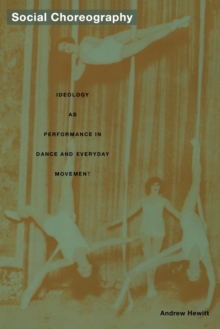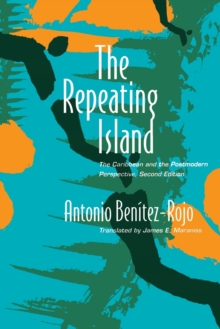
Entertaining the Third Reich : Illusions of Wholeness in Nazi Cinema PDF
by Schulte-Sasse Linda Schulte-Sasse
Part of the Post-contemporary interventions series
Please note: eBooks can only be purchased with a UK issued credit card and all our eBooks (ePub and PDF) are DRM protected.
Description
In this persuasive reversal of previous scholarship, Linda Schulte-Sasse takes an unorthodox look at Nazi cinema, examining Nazi films as movies that contain propaganda rather than as propaganda vehicles that happen to be movies. Like other Nazi artistic productions, Nazi film has long been regarded as kitsch rather than art, and therefore unworthy of critical textual analysis. By reading these films as consumer entertainment, Schulte-Sasse reveals the similarities between Nazi commercial film and classical Hollywood cinema and, with this shift in emphasis, demonstrates how Hollywood-style movie formulas frequently compromised Nazi messages.
Drawing on theoretical work, particularly that of Lacan and Zizek, Schulte-Sasse shows how films such as Jew Susss and The Great King construct fantasies of social harmony, often through distorted versions of familiar stories from eighteenth-century German literature, history, and philosophy. Schulte-Sasse observes, for example, that Nazi films, with their valorization of bourgeois culture and use of familiar narrative models, display a curious affinity with the world of Enlightenment culture that the politics of National Socialism would seem to contradict.
Schulte-Sasse argues that film served National Socialism less because of its ideological homogeneity than because of the appeal and familiarity of its underlying literary paradigms and because the medium itself guarantees a pleasurable illusion of wholeness. Entertaining the Third Reich will be of interest to a wide range of scholars, including those engaged in the study of cinema, popular culture, Nazism and Nazi art, the workings of fascist culture, and the history of modern ideology.
Drawing on theoretical work, particularly that of Lacan and Zizek, Schulte-Sasse shows how films such as Jew Susss and The Great King construct fantasies of social harmony, often through distorted versions of familiar stories from eighteenth-century German literature, history, and philosophy. Schulte-Sasse observes, for example, that Nazi films, with their valorization of bourgeois culture and use of familiar narrative models, display a curious affinity with the world of Enlightenment culture that the politics of National Socialism would seem to contradict.
Schulte-Sasse argues that film served National Socialism less because of its ideological homogeneity than because of the appeal and familiarity of its underlying literary paradigms and because the medium itself guarantees a pleasurable illusion of wholeness. Entertaining the Third Reich will be of interest to a wide range of scholars, including those engaged in the study of cinema, popular culture, Nazism and Nazi art, the workings of fascist culture, and the history of modern ideology.
Information
-
Download - Immediately Available
- Format:PDF
- Pages:368 pages
- Publisher:Duke University Press
- Publication Date:15/10/1996
- Category:
- ISBN:9780822399872
Information
-
Download - Immediately Available
- Format:PDF
- Pages:368 pages
- Publisher:Duke University Press
- Publication Date:15/10/1996
- Category:
- ISBN:9780822399872










